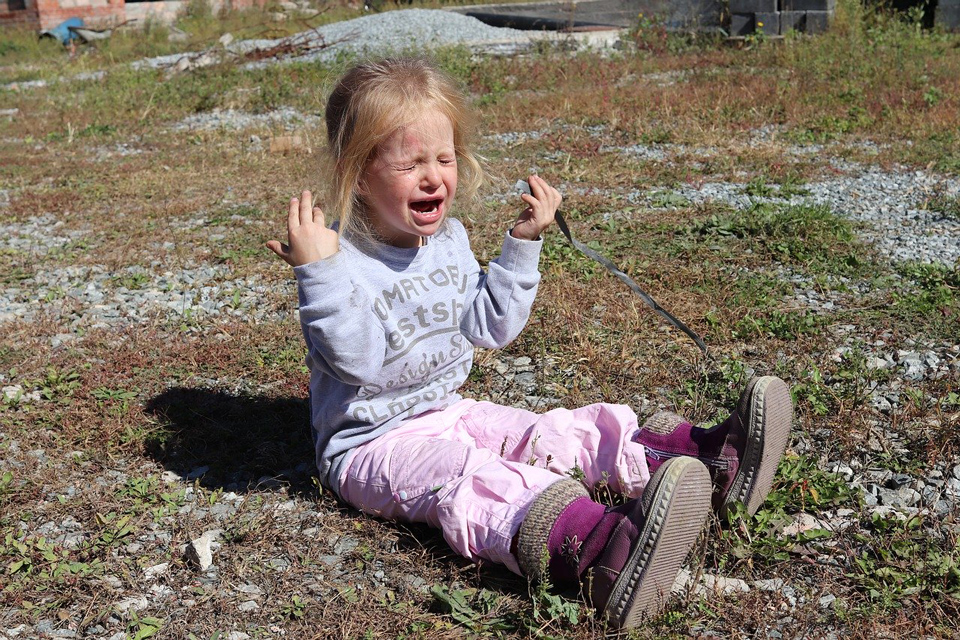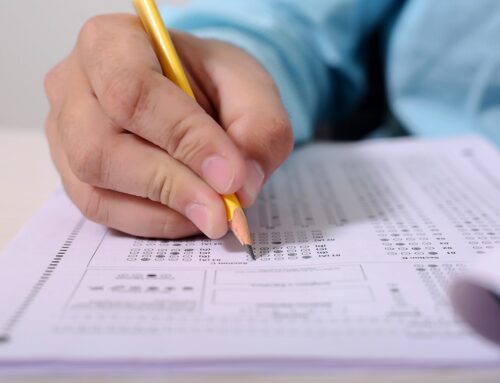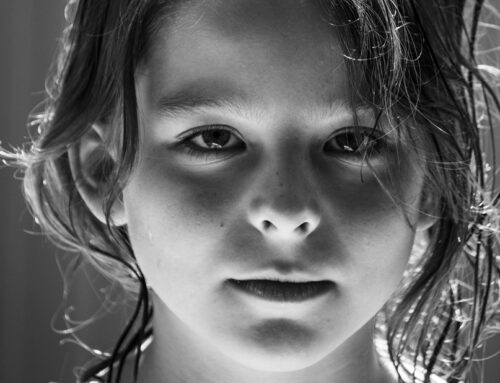Children with high learning potential, especially those who display Emotional Overexcitability, tend to experience the world, and their emotions, with particularly great intensity. Whilst such intensity can be an asset, leading to admirable empathy and an ability to find intense joy and beauty in oft-overlooked minutiae, it can also lead to some difficulties. How do you support emotionally intense children?
1. Understand and acknowledge their overexcitability
A child with emotional overexcitability needs support and understanding concerning their overexcitability above all else. Children with intense emotions often face a variety of comments that minimise or dismiss the validity or intensity of their feelings. This is not helpful and can sometimes do harm. Knowing that you understand and acknowledge the intensity of their emotions goes a very long way in reassuring a child with emotional overexcitability, ensuring that you can effectively support them.
Understanding their emotional overexcitability will also help you to advocate for them effectively. You will be more able to explain to others that, not only is telling a child with emotional overexcitability to “stop being so sensitive” or to “stop overreacting” as useful and sensible as telling a person with fair, prone-to-burning skin that their dermis should stop being so sensitive, but that it can also be very hurtful and can lead to feelings of guilt and low self-esteem.
That first step, therefore, that you take in understanding their intensity can help their wellbeing both now and on into the future.
2. Offer reassurance
Children with particularly intense and extreme emotional reactions need parental reassurance. Just being there for cuddles, chats or whatever they need emotionally may seem obvious, but is also very important.
Listening, too, is key. If a child has worries on their mind then listen, ask open questions and allow them to discuss them. Don’t offer dismissive, blanket reassurances such as “Oh, you don’t need to worry about any of that”. As well-meaning as such responses are, it is important to allow a child with emotional overexcitability to say how they feel and what their concerns are. This does not worsen their worries, but gets them out in the open and is the first step in helping them to overcome them. You can then respond with considered reassurances, which will always be more comforting. You will also have allowed space for their feelings and not sent them underground with any, albeit unintended, suggestion that they must not be voiced.
3. Keep an eye on your own reactions
Model calm. Children with emotional overexcitability are very sensitive to the emotions of others and can be experts in picking up on stress (even when you think you’re doing a great job of hiding it). They may even internalise these stresses and take on feelings of guilt or responsibility for it. Be mindful of your own behaviour. Whilst it is unrealistic to think that you won’t experience stress, pay attention to how you deal with it, modelling honesty about your feelings and positivity in dealing with them which will help your children to learn this way of reacting for themselves.
4. Prioritise relaxation and wellbeing
Factor in calming activities to each day, be it a relaxing walk, a bit of yoga, meditation or guided relaxation, listening to relaxing music, or creating a calm corner in their bedroom dedicated to chilling out. These activities can all help by shifting the focus and boosting positivity.
5. Come up with a “Top 10 Tried and Tested Comforts”
Help them to come up with a countdown of their all-time favourite comforts. Their favourite film or book may be on there, or even their favourite teddy or old toy. Other contenders might be their favourite comfort food, the place in the house or garden where they always feel calm and safe, or even an old blanket that they used to cuddle (or still do). Whatever makes the list, the mere act of compiling it will have shifted focus onto positives, and they will, at the end of it, have a list to refer to whenever they need a little emotional boost.
6. Provide a toolbox of strategies to help them to manage their emotions
As well as their top ten comforts, having a toolbox of weapons against those times when their emotions are overwhelming is also very helpful. A set of go-to strategies might incorporate the top ten comforts, but may also include mindfulness activity books such as Be Brave!, Hello Happy! or No Worries!, writing down or drawing their worries (and then giving them to you if they are comfortable in so doing), or having some breathing techniques to use when needed. Perhaps it could even be another top ten? Either way, having a known, specific set of weapons against overwhelm or distress can help a child with emotional overexcitability feel a lot more in control of their emotions and provides the great boost of proving that there are things they can do to help themselves. The confidence and sense of agency this can give can often mean that half the battle is already won. It is also useful to try to identify their emotional triggers in order to pre-empt and prevent the meltdown in the first place. Any meltdown or overwhelm avoided in the first place is always better than one addressed once it has occurred, however well it may be addressed with the help of the toolbox and Top Ten. For more ideas for the toolbox, see our advice sheet PA606 Worry and Anxiety in High Learning Potential Children.
7. Help find ways to make a positive difference
Encouraging a child with emotional overexcitability to find small ways of helping the situation about which they are distressed, is a powerful means of supporting them. Whether it is donating to a food bank, writing letters to loved ones they can’t be with, holding a bake sale and donating the money made, or picking litter in the park, it can be powerfully transformative, helping to turn the feelings of helplessness and impotence in the face of a crisis into helpfulness and agency.
8. Take the time to notice the small things
An upside to emotional overexcitability is the tendency to find great joy in even the smallest of things. A beautiful sunset, the blossom on the trees, a caterpillar on a leaf; they can all elicit elation and, importantly, provide much-needed solace. Taking the time to really notice those small things can help to boost your child’s wellbeing.
9. Visit our Learning Resources area on our website
Keeping minds busy can help to shift focus and engender more positivity and calm. Allowing children to really explore their topics of interest or to dive headfirst into new subjects can be great for their emotional wellbeing. Have a look at our Learning Resources on our website for further inspiration and ideas.
10. Look after yourself!
Overexcitable children with high learning potential are amazing but they are exhausting too. Remember to look after yourself. If prioritising your own wellbeing feels uncomfortable, then remember that doing so really will have a positive impact on your emotionally intense child’s wellbeing too. That glass of wine and the bars of chocolate could be viewed as wholly selfless acts if that makes it easier!
For even more information and support, have a look at our advice sheet PA610, Hypersensitivity (Dabrowski’s Overexcitabilities) for an overview of all of the five overexcitabilities
About the author: Caroline Hooton-Picard is an adviser for Potential Plus UK. She has a background in mental health, having worked for Suffolk Mind and also in private practice, and has a first class degree in Philosophy from the University of Essex. She also has a High Learning Potential daughter who keeps her very much on her toes!






